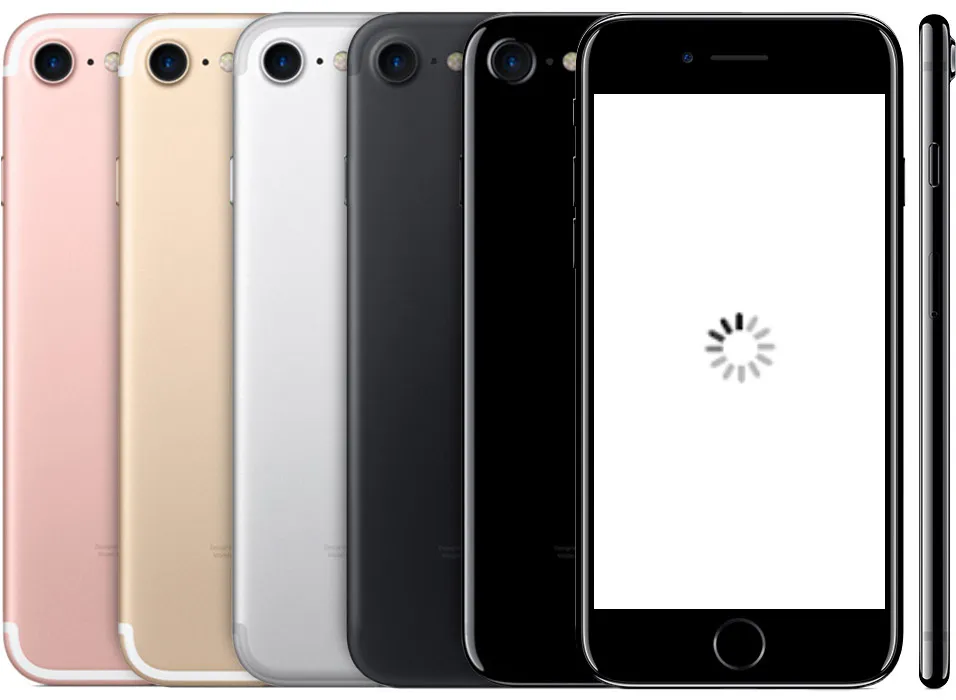Modern technology changes so rapidly that the fancy phones that debut on a yearly basis become obsolete pretty much just as quickly, with companies like Apple touting new hardware that is sometimes multiple times more powerful than even recent iterations. That, on top of choices like new, backwards-incompatible charging ports and the removal of headphone jacks, makes people wary of planned obsolescence and being pushed to continually upgrade, and Apple’s battery management measures aren’t helping things.
As pointed out on Reddit and confirmed by benchmarking app GeekBench, newer versions of iOS have introduced measures that may prevent phones from running at their would-be peak performance, in cases where the battery can’t handle it, either from age or environmental issues. In a statement to TechCrunch, Apple told them,
Our goal is to deliver the best experience for customers, which includes overall performance and prolonging the life of their devices. Lithium-ion batteries become less capable of supplying peak current demands when in cold conditions, have a low battery charge or as they age over time, which can result in the device unexpectedly shutting down to protect its electronic components.
Last year we released a feature for iPhone 6, iPhone 6s and iPhone SE to smooth out the instantaneous peaks only when needed to prevent the device from unexpectedly shutting down during these conditions. We’ve now extended that feature to iPhone 7 with iOS 11.2, and plan to add support for other products in the future.
My own iPhone 6 experienced the auto-shutdown problem that Apple was addressing at times before I eventually upgraded, and a fix for that would’ve been welcome. As TechCrunch goes on to explain, reduced performance is an inevitable part of dealing with battery technology, and a phone running a bit slower during moments of peak performance is clearly preferable to the device shutting off entirely to protect itself from damage.
On the other hand, there’s a lot of negative reaction to this information, probably because people think Apple could manufacture higher quality hardware that doesn’t see its peak performance decline quite so quickly. Others have suggested that Apple should make the operating system more proactive about alerting users to their battery issues, so they at least know they can try a battery replacement to speed up their phone before plunking down even more money for a brand new one—or at least so they understand why their phone seems slower. Although, it’s possible that Apple would rather people not get a blunt notification of how soon after their purchase a phone’s battery is turning into useless garbage.
What it really comes down to, though, is whether customers trust Apple enough to believe that this measure only exists as a failsafe on top of doing everything they reasonably can to ensure the best possible performance, for the longest possible span of time, for the price consumers are paying for their phones, and that kind of good faith is really hard to come by, for good reason.
(via Variety, image: Apple/edits)
Want more stories like this? Become a subscriber and support the site!
—The Mary Sue has a strict comment policy that forbids, but is not limited to, personal insults toward anyone, hate speech, and trolling.—









Published: Dec 21, 2017 04:53 pm